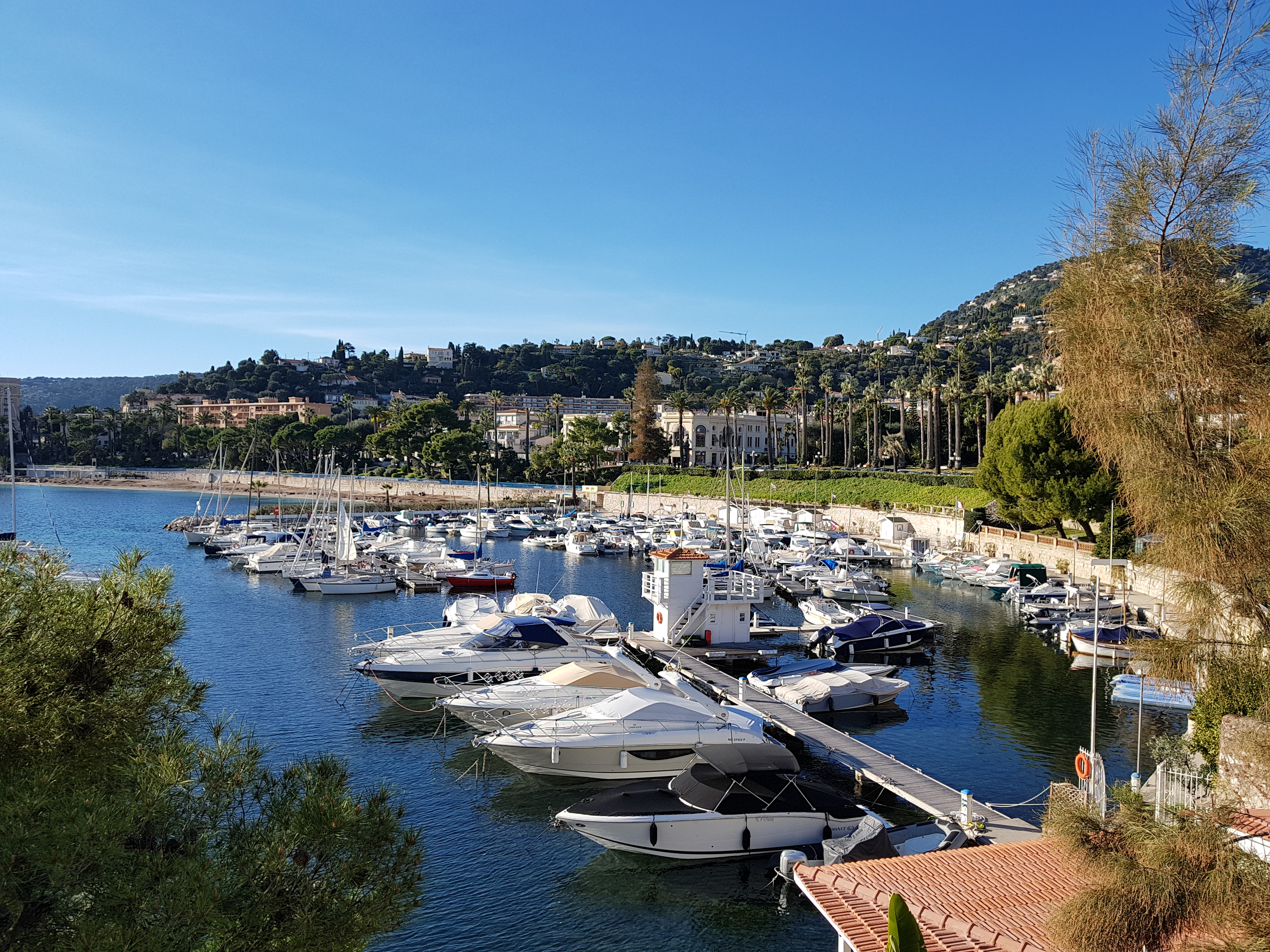
You may know a whole lot about some towns in the french riviera, but how about their names? Time to be surprised

# french riviera name meaning
History of the french riviera goes very early in history.
Several families of rulers have past here and fought on the land.
Some of the names of several town along the Cote d’Azur are to many mysterious and demand some explanation.
Today, a lot of it would become clear, as we explain the meanings of a selections of towns in our region:
Villefranche-sur-mer
Villefranche is a classic example of a name that could be broke down to 2 parts: “Ville” (town) “Franche” (frank, honest). One may think that in translation it means that the city is french – but that would be a mistake.
In this case, “franche” means tax credit (“franchise” in current french). That described the benefit of habitants of the village that were given tax reductions as an incentive to live by the sea and be the first line against pirates who often stole property from this region.
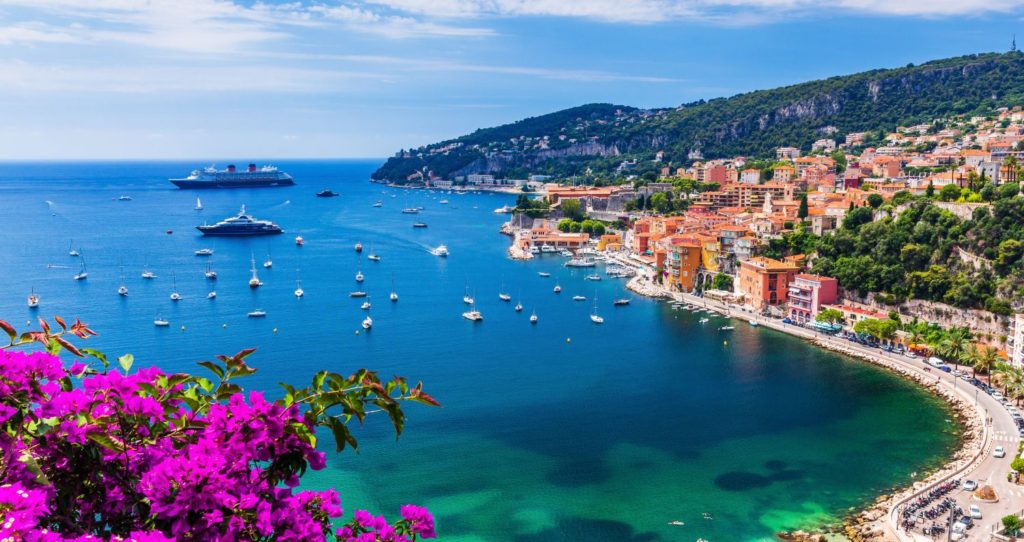
Beausoleil
Ever wondered where most of workers of Monaco are coming from? Surely not from the principality itself, as rent prices can easily pass 3,000 €/month.
The answer is Beausoleil, which is the nearest french town from the north. Formerly known as “Monte-Carlo-Supérieur” This town was actually created in consequence of Monaco as a popular town for tourists that needed man power.
Its name is also a combination of 2 words in french: “Beau” (beautiful), soleil (sun), a description of its surroundings and climate.
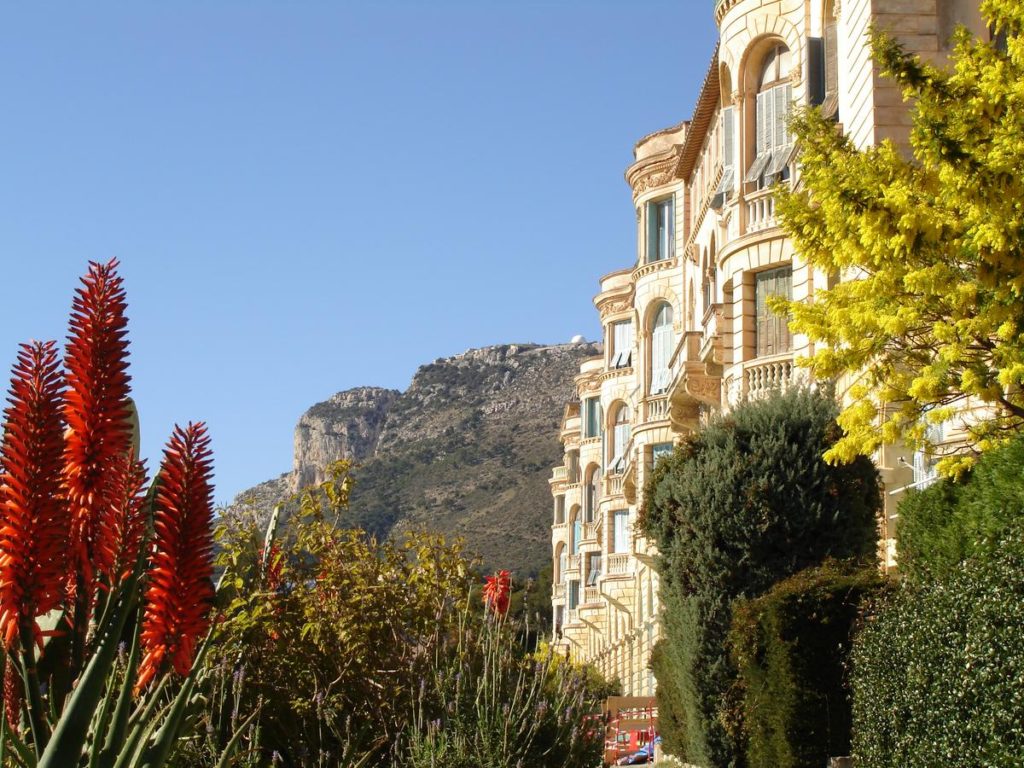
Cap d’Ail
The closest city to Monaco from the west also has a rather strange name to it. If we translate its name, we will get: “garlic peninsula” – which doesn’t make any sense. This town does not even remind a shape of an onion from above.
The story here is the name in Italian, which is Cap d’Aglio. “Aglio” is in this context “firefly” (although normally means “garlic” as well), describing the firefly that used to nest in a tower located in the center of Cap d’Ail.
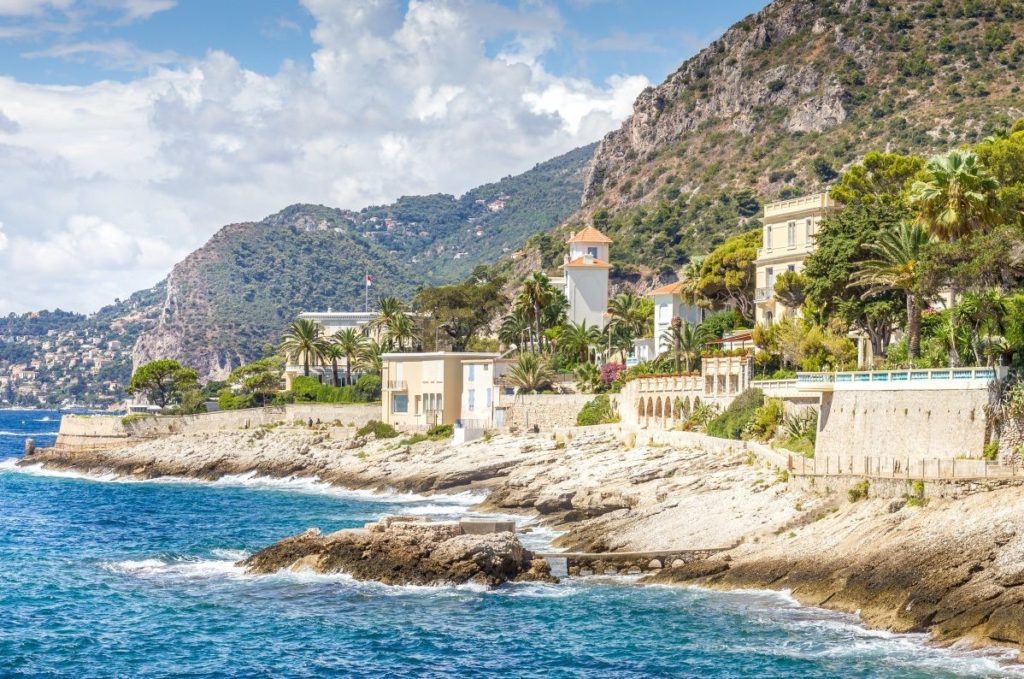
Monaco
The word “Monaco” relates to the Greek word “Monoikos” – which means “living apart” from others.
Some sources claim it also related to the word “rest” in Canaanite, probably since this location was used as a pause station for travelers from across the Mediterranean sea to the rest of Europe in ancient times.
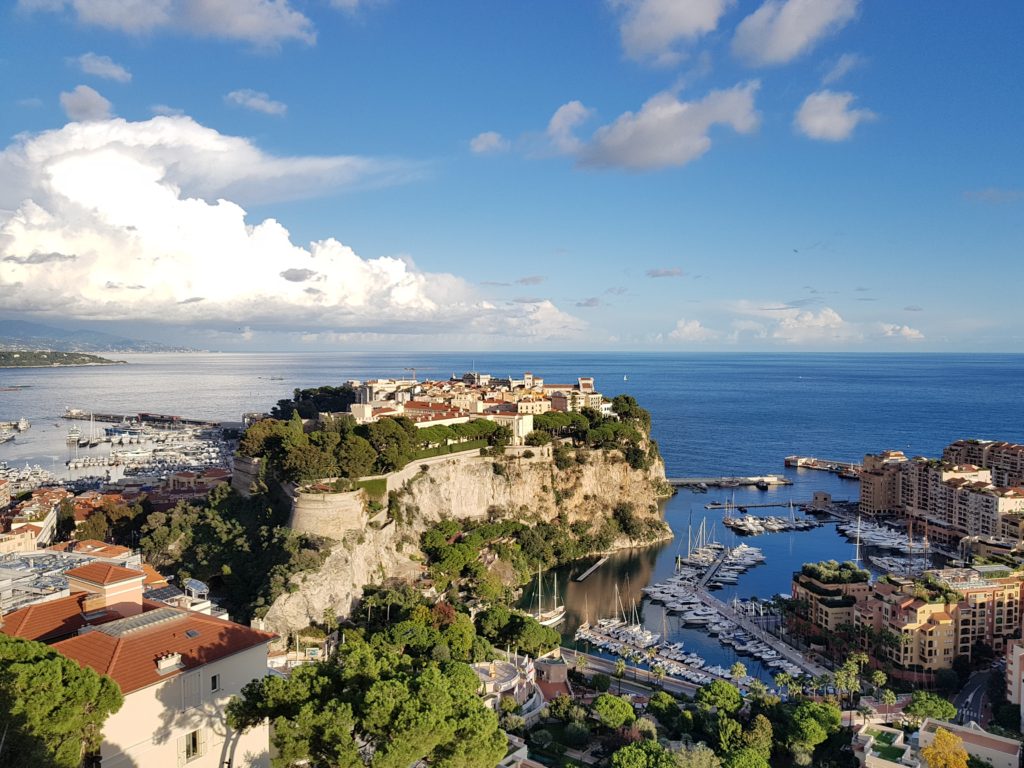
Beaulieu-sur-mer
This small yet luxurious suburb was initially a part of Villefranche. Its name is a rather simple description of the beauty of the place: “Beau” for “beauty”, “Lieu” for “place”.
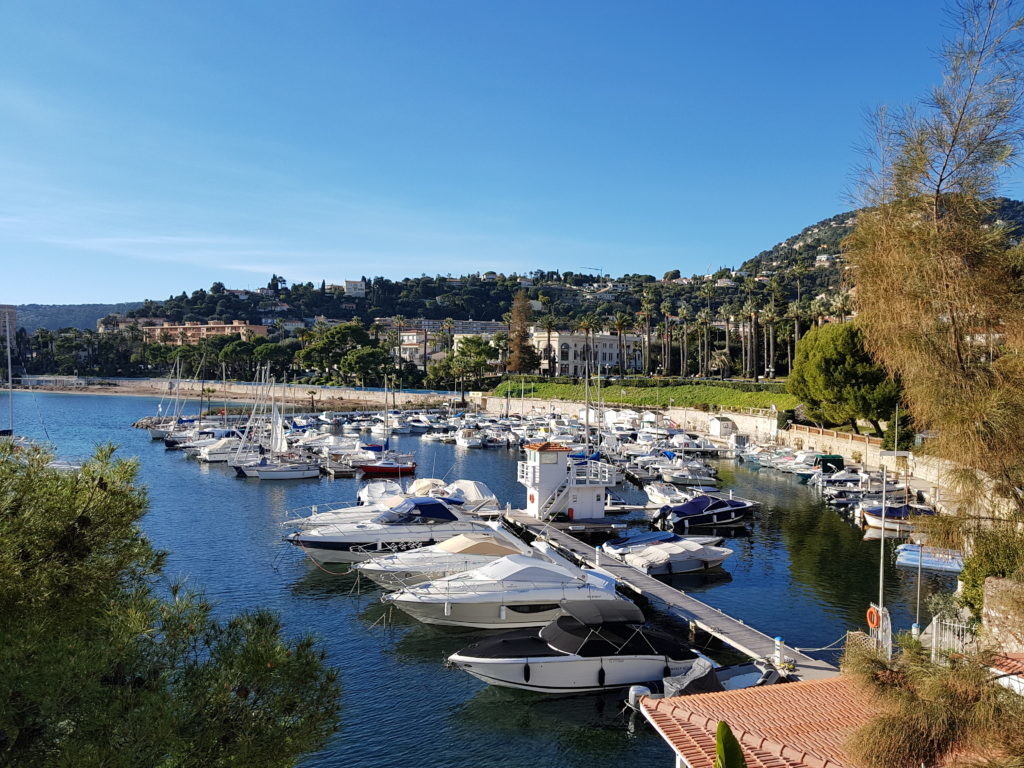
# french riviera name meaning